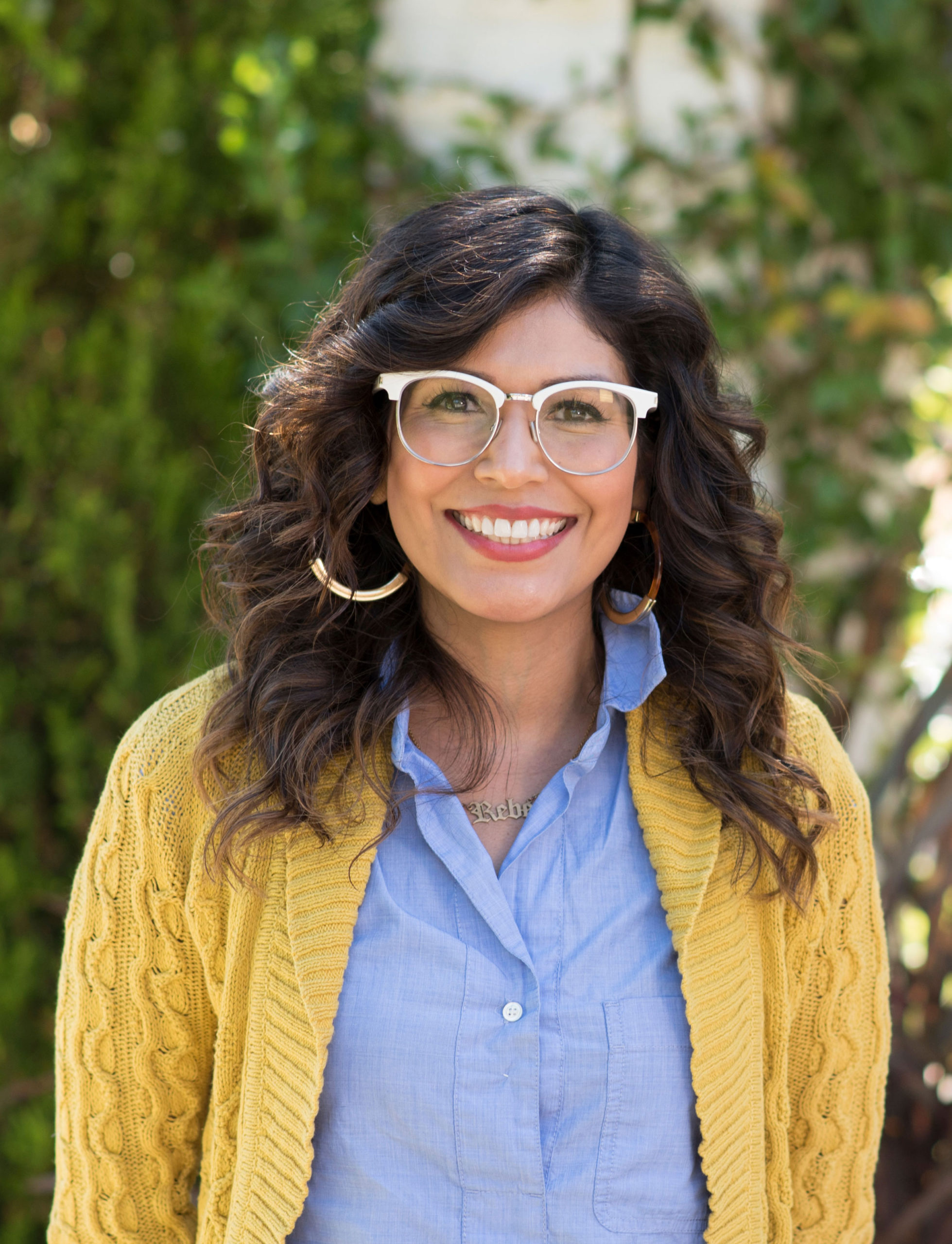
Clinician Spotlight: Dr. Rebecca Anguiano, PhD, LEP
An inside look into the minds at Mind Matters
What brought you to the field of psychology?
I wanted to make services more accessible for families who couldn’t (or didn’t know how to) access services due to factors like undocumented status, recent immigrants, or limited English language capacity. These challenges intensify for families navigating systems that are already pretty saturated, and I wanted to help pave the way. School psychology (in public schools) receives funding from the government, which helps these families get better access to education and mental health. But there have been many exclusionary practices that particularly impact Black and Brown students’ clinical and mental health (e.g., School-to-Prison Pipeline). So it’s important to factor in historical context and historical trauma when approaching assessment with these families, and remain aware of how the process itself can be pathologizing.
Say more about how you keep that context in mind?
When assessing a child, I consider the child’s cultural assimilation and language development. For example, were they born here or are they a newcomer? If born here, do they have limited or fluent understanding of English (or their native language)? If a newcomer, have they had some English exposure versus none? Did they have intermittent education? This essential background information helps me determine which measures are appropriate for them at this time, and how I should interpret the testing results.
For example, I may need to assess a student’s level of Spanish Bilingualism because that can affect how they understand and respond to test questions. We could have great tools, but could be using them wrong if we don’t understand the child’s language trajectory. I also need to know how and with whom measures are normed. Scores can also be impacted by a lot of situational variables, such as the overlap of ADHD and trauma, dyslexia for people who speak different languages, low income and its impact on education, and differences in cultural values.
How did you develop this particular passion?
Growing up in SoCal where many Chicano youth have a mix with languages and bilingualism, I observed how a bilingual or multilingual experience impacts the way brains work and process information. In fact, my dissertation focused on the impact on academic achievement for children who translated for their parents. Results showed that language is a critical part of one’s identity and holding on to one’s heritage language has many benefits across mental health and academic domains.
How do you learn about a child’s cultural context?

If I spend enough time with families, I can understand much more about the child’s context. The Spanish language (and identity) is not a monolith, and each family and community brings its own unique variables. I stay educated and up to date on information related to immigration practices and policies, countries of origin, trauma history, and refugee status. By adopting a Both-And approach, I simultaneously think of a child’s individual context, and their community. This way, I better know how to work and advocate for how services are delivered, and what to recommend. I am transparent with families about the context and style of practice, and let them know that there are some things that might still be missing. This helps build trust with the families, and opens up a feedback loop so they can help me understand the gaps.
You’ve dedicated your career to working (and teaching others to work) in schools. What drew you to also working in private practice at Mind Matters?
I’ve appreciated how private practice work still allows me to support families as they navigate school systems, but in a way that allows me time and space to be as thorough as any child or family needs. I also appreciate an opportunity to support families and school based teams in coming together.
What do you recommend to clinicians who want to improve their approach to bilingual assessment?
It’s important to consult with other clinicians in the community with similar experiences and create resources to help explain things to families. I also highly recommend testing more frequently than the standard (of every three years) in order to promote early intervention and be able to track progress more closely. Also, consider trying an intervention first to see how a child responds before providing a diagnosis or pathologizing. Providing psychoeducation to families, educators and schools about a wider net of interventions can also help make services more strategic and effective within the child’s context.
How do you think clinicians (and educators) can help bilingual learners thrive in schools?

Understanding the typical processes in language acquisition (like learning a second language) should be a priority in school psychology and teacher training. Also, we should view language learning as an asset, rather than a burden or disadvantage. Research and data shows that knowing another language supports identity development, mental health, higher IQ, and metacognition. As psychologists and educators, we should be encouraging and promoting that, and reducing shaming narratives. By helping families access care and connect with other immigrant families through parent groups, we can build cultural and social capital for families, help them learn how to advocate with administrators on campus, and foster their own communities of support.
______________________________________________________________________
Dr. Rebecca Anguiano, PhD, LEP (she/her) is a licensed educational psychologist who provides bilingual (Spanish/English) and bicultural psychoeducational evaluations in public schools. Her work is family-centered, and focused on highlighting a child’s strengths, empowering multicultural identities, and providing more insight into a child’s challenges. She is an advocate for helping children and their families receive culturally appropriate services, interventions, and accommodations. Dr. Anguiano has led numerous school-based intervention teams, created and facilitated family-wellness groups. Currently, she provides training to community agencies and schools through a trauma-informed and anti-racist lens. In addition to her work at Mind Matters, Dr. Anguiano is a professor in the graduate Counseling Department and Program Director for the School Psychology track at Saint Mary’s College of California.
Get a Psychoeducational Evaluation for Your Child in Berkeley or San Francisco, CA
Interested in working with Dr. Anguiano and any of our other dedicated Licensed Psychologists? Psychoeducational and Neuropsychological evaluations provide valuable insights into neurodivergent individuals, Mind Matters helps tailor accommodations and interventions to everyone’s needs, leading to success for your child.
- Reach out to schedule an appointment.
- Schedule your child’s evaluation at our Berkeley office or San Francisco office.
- Support your child’s journey to thrive.
Other Services We Offer in Berkeley & San Francisco
In addition to psychoeducational and neuropsychological evaluations, we offer neurodevelopmental screenings. when your child needs a targeted approach. If you aren’t sure what next step to take, consider a parent guidance session. Our clinicians attend school meetings for our clients too.
